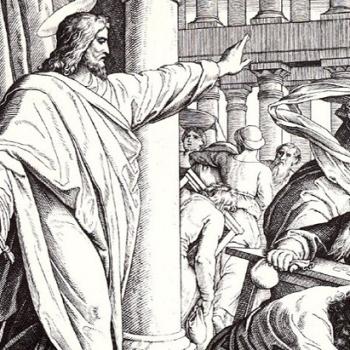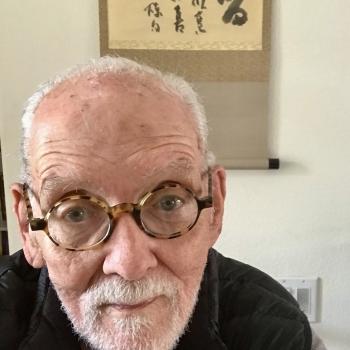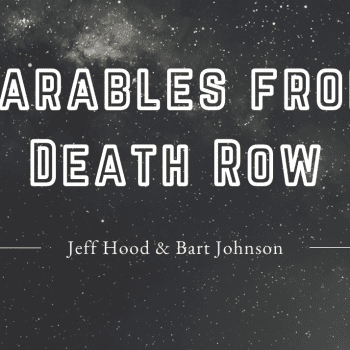Now, it almost seems like the reverse is true once again: if gay people were the new African-Americans in the late '80s, then it seems that within two days of late June of this year, African-Americans and other racial and economic minorities (who, in the 2012 elections, faced severe inhibitions to their own rights to vote) became the new gays, or at least the "old" version of the gays, which is the same as the old version of African-Americans . . . or, something like that. For me, this makes the apparent advances in gay rights seem almost petty and trivial in the face of such a great injustice that is the reversal of one of the great moments when justice at last prevailed for racial minorities in the U.S. nearly fifty years ago.
As much as I am happy that DOMA and Proposition 8 have been nullified, I am not by any means overjoyed at this. I am not generally in favor of marriage as it exists currently, and I'm not sure that I'll ever partake of it, though I certainly want it to be available to anyone who wants it. This has been called a "victory for the LGBT community," and I don't think that can necessarily be said to be the case—not only because that putative "community" is often more a slogan than an actual community (indeed, the amount of anti-trans and anti-bisexual sentiment in the mainstream and fringe gay and lesbian communities would stagger many people), but because the B and the T of that acronym aren't necessarily better off now than they might have been before.
No matter how nice it might be to have a legal option open to some of us that wasn't always open before, it's still a legal option that will not benefit everyone automatically. There are many people who will still be gay, lesbian, bisexual, transgender, and other varieties of queer but who will not ever enter into marriage in their relationships. However, almost every LGBTQ person will have to deal with getting a job, finding a place to live, and being served in restaurants or getting rooms in hotels or riding on buses and other such matters of public accommodation. There are still a majority of states in the U.S. which do not have laws on the books protecting LGBTQ people from discrimination in employment, housing, or public accommodation. The same is true, despite the implied protections of the First Amendment, for Pagans in the U.S.
Most (but, we must be ever mindful, not all, on which more in a moment) forms of modern Paganism don't have much of a problem with same-sex marriage. Many, but not all, modern Pagans don't have problems including trans people in their activities, unless there are gender-specific rituals or "mysteries" involved, whereupon there are often problems. The theologies, religious cosmologies, and spiritual anthropologies and psychologies of many modern forms of Paganism simply do not accommodate LGBTQ people fully, and never will unless they are revised, which it is obvious a large number of acceptance-minded Pagans are simply not willing to do despite the fact of their social acceptance. If theology does not align with accepted social rhetoric, then there is a problem on the theological end of things.
As much as we respect the non-dogmatic nature of a great deal of modern Paganism, and as much as we laud the freedom and autonomy that every Pagan and every Pagan group has to practice its religion in the ways it determines are best, it is clear that the "mainstream" of modern Paganism prefers the social acceptance of LGBTQ people. Yet, the blatant intolerance shown toward LGBTQ people by some modern Pagans is actively tolerated. Not simply because I'm a vocal queer activist and queer Pagan theologian do I find this to be a problematic situation.
It would be very fair to say that I think a great deal of modern Paganism would do itself a favor, as well as making itself far more appealing to a wider audience amongst religious options in the world for LGBTQ people, if it embraced queer theologies and cosmologies on a more widespread basis as the norm rather than as an exception and a fringe possibility. Here's an example: in a Greek context, we usually think of Chaos bringing forth Gaia, and then Gaia bringing forth Ouranos, and then the two of them going on to have most of the divine entities we recognize as the Greek Titans and later Olympian gods, amongst many other powers of the universe. What if that wasn't what happened at all? What if the first two beings to come forth from Chaos were Gaia and Nyx, and they together produced a variety of divine beings, and it wasn't until Gaia on her own produced Ouranos, who then raped his mother and forced her to be his consort, that some of the more problematic beings started to come into existence? In a set of religions that often promotes the importance, prominence, and even supremacy of Goddesses over male gods, wouldn't this actually make a bit more sense?
Or, in an Egyptian context, rather than the theologies which make Atum the primal being who creates all the other gods, what if we instead went with the option that ends up being the basis for the system advocated by Brandy Williams in The Woman Magician that places the goddess Neith in that role?





